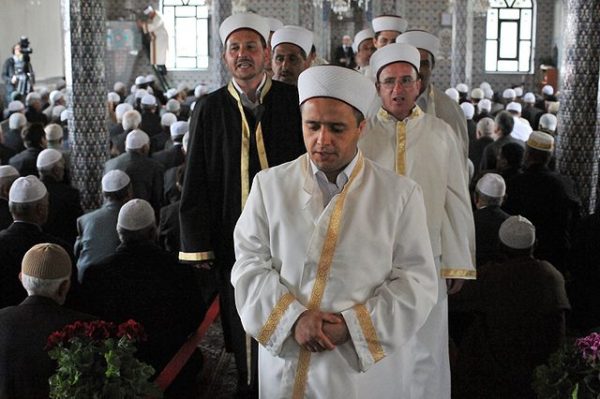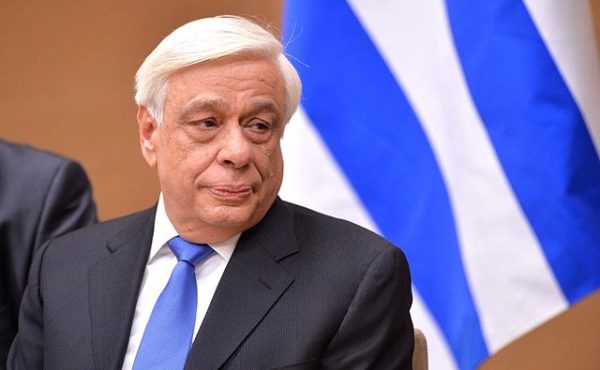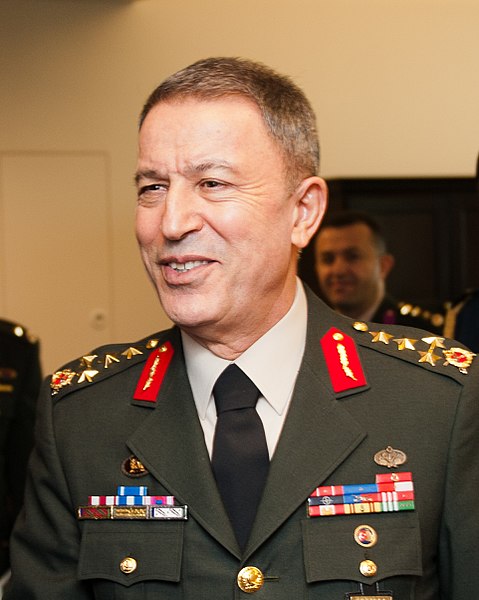People know that the status of the Mediterranean island of Cyprus, partitioned between Greek and Turkish Cypriots since 1974, is the main impediment to good relations between Greece and Turkey, their respective mainland co-religionists.
But there are other contentious issues between Athens and Ankara, dating back decades, and something that Turkish President Recep Tayyip Erdogan was very explicit about during his two-day visit to Greece earlier this month.
Visiting heads of state usually don’t criticize their hosts during state visits, but Erdogan is a politician who speaks his mind.
The Turkish leader jettisoned diplomatic niceties during meetings that were supposed to cement ties between the rivals, and his confrontational stance stunned his Greek hosts.

What had been billed a groundbreaking visit to Greece, the first by a Turkish president in 65 years, turned into a verbal condemnation of some Greek policies, particularly in relation to its treatment of its Muslim minority in Thrace, the Balkan region near the Turkish border.
Muslims, Erdogan asserted on Dec. 7, should be able to elect their own religious leaders, rather than have them appointed by the Greek state.
Denying them this right is a violation of the 1923 Treaty of Lausanne, he declared, referring to the agreement which created the modern Turkish Republic and also delineated the borders between the two nations. Erdogan even visited the Muslim minority in the city of Komotini (Gumulcine) on Dec. 8.
He went further, saying that the treaty, which has long governed Greek-Turkish relations and is seen as a cornerstone of regional peace “needs to be modernized.”

Greek President Prokopis Pavlopoulos responded. “The Treaty of Lausanne defines the territory and the sovereignty of Greece, and of the European Union, and this treaty is non-negotiable. It has no flaws, it does not need to be reviewed, or updated.”
In subsequent talks with Greek Prime Minister Alexis Tsipras, Erdogan also chastised the Greeks for failing to look after former Ottoman sites.
A fervent nationalist and irredentist, Erdogan made it clear he still covets some territory Turkey gave up in 1923.
The two countries came close to war in 1996 over a pair of uninhabited isles in the Aegean Sea, when soldiers from both countries landed on them before American-led mediation persuaded both sides to leave the area.

The dispute resurfaced again earlier this year. The Greek defence minister, Panos Kammenos, flew over the two disputed islands in early February, in a response to an earlier visit to nearby waters by the commander of the Turkish armed forces, Hulusi Akar.
Turkey disputes Greece’s claim that the islands, known as Imia in Greece and Kardak in Turkey, should have entered Greek ownership in 1947.
They were first assigned to fascist Italy in 1923 following the fall of the Ottoman Empire. A defeated Italy gave them up to Greece after World War II.
The Dodecanese chain, situated extremely close to the Turkish mainland, blocks Turkey from extending any of its maritime zones of influence beyond a few nautical miles off its coastline.
Erdogan’s insistence on calling the Muslim minority in Greece a “Turkish minority” is also regarded by Greece as suggesting territorial aspirations.
In 1922, the Greek army suffered a disastrous defeat in Asia Minor, prompting a massive exchange of populations. Almost all the Greek Orthodox Christians in Turkey were resettled in Greece, and all the Turks sent to Turkey — apart from those in Thrace.
Today, some 140,000 people, a little more than one percent of the total population of Greece, is estimated to be Muslim. In Thrace, they make up 29 percent.
While Turkey insists that most of the Muslims are ethnically Turkish, according to the Greek government Turkish speakers form only half of the minority, with Pomaks (Muslim Bulgarian-speaking Slavs) and Muslim Roma the remainder.
Perhaps all this should have come as no surprise. After all, Greeks were subjugated under Ottoman rule for centuries before a Greek war of independence beginning in 1821 led to the creation of the modern Greek state in 1830.
Henry Srebrnik is a professor of political science at the University of Prince Edward Island.
